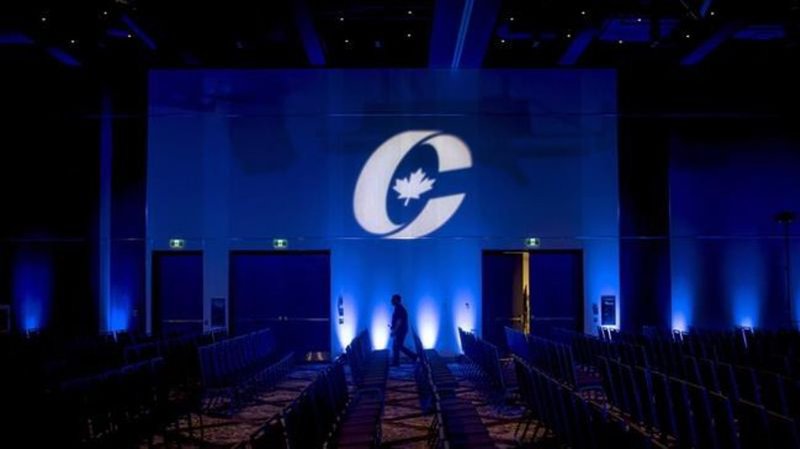
Five things to know about next week’s Conservative policy convention
OTTAWA — Conservative party members will meet virtually next week for what officials say will be the largest convention in their history.
The three-day event is the first since Erin O’Toole was elected leader last summer, and also since the last federal election.
Each of the party’s conventions since their founding one in 2005 has seen robust debate around conservative policies and principles, and this year’s is no different.
Among the hot-button issues: anti-abortion groups want to force the party to take a harder stand in their favour, and the grassroots wants more say and transparency around how the party is run.


